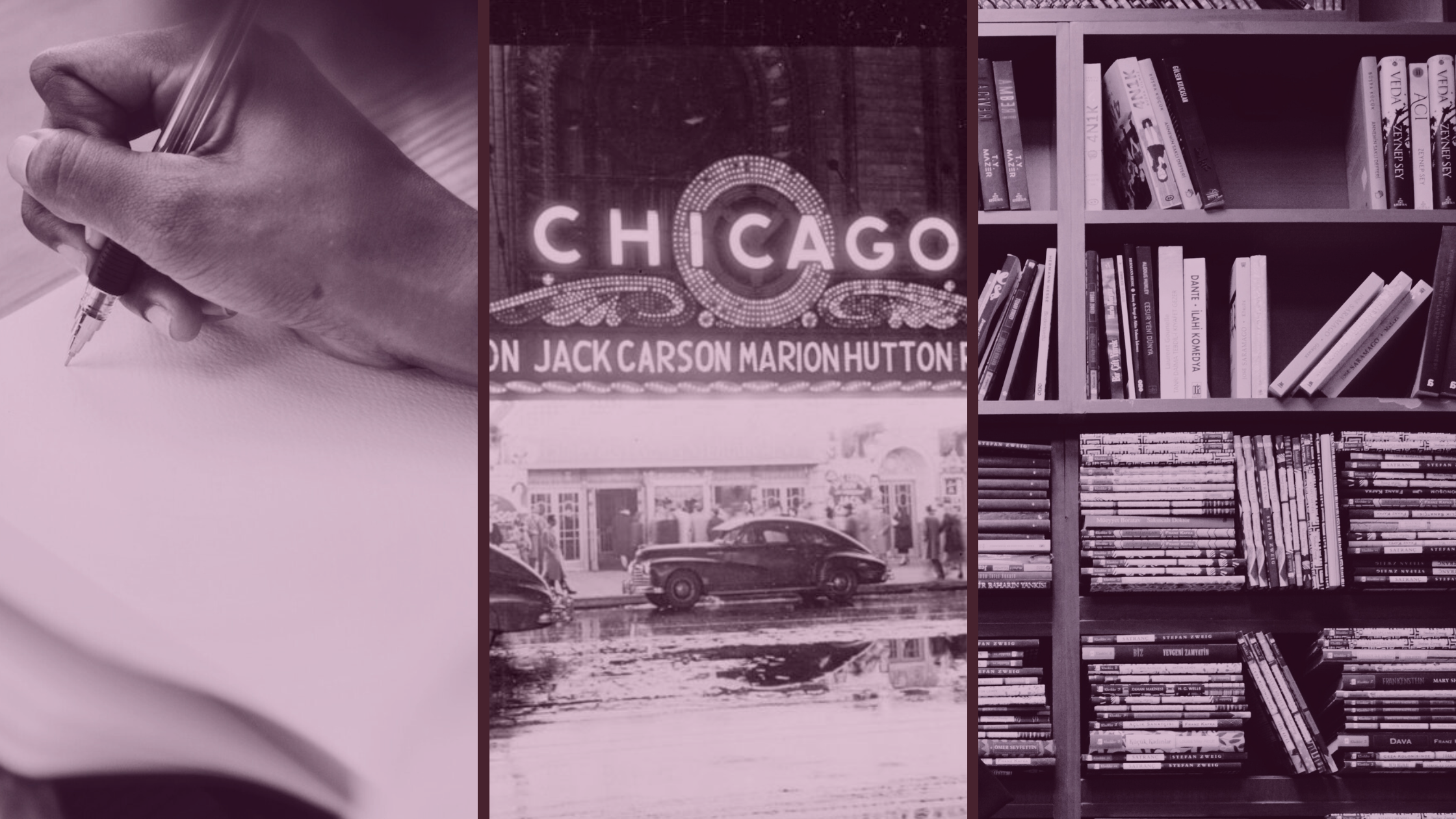
The Story Behind The Stories
Our publisher, Marcus Harrison Green,
shares the story of our namesake
Leonard ‘Lenny’ Hinton was a visionary, inventive and insightful Black writer based in 1950s Chicago who dreamed of having his book published by a major American publisher. He envisioned the spine of his book beaming from library shelves and greeting bookstore patrons atop displays across the country.
Storytelling was his passion, love, and obsession. He poured all three into the manuscript of his debut novel, a chronicle of The Great Wall of China—the human-made wonder that had fascinated him since childhood.
Animated by this fascination, he rose before the sun to write under the moonlight, illuminating his tale of how the Great Wall had defended against invasions, inspired adventure, and separated lovers.
After nearly a decade of passionate toil, he submitted his work to a major publisher of the time, with the hope of being rewarded with a contract. His debut novel would be the first in a series to unlock the inventive narratives gestating in his creative mind. His work would cross genres, be experimental, and fearlessly speak truth to power.
Two years passed. All this brought was silence from the publisher.
Thinking his work had been quietly rejected, Lenny returned to early morning and late night revisions. That was until a fateful day when he walked into his favorite Chicago Bookstore.
He saw a book with the same title as his manuscript displayed prominently atop a pile of others. Instead of his name inscribed on the cover, it was that of an unknown white author. Believing it to be a strange coincidence, he indignantly thumbed through its pages, finding words that had barely been altered from his original prose.
A decade of his life was stolen, without attribution, compensation, or recognition.
“Who would ever believe that a colored man could write anything about a country he’d never been to.” Those words he heard when he first began writing his novel, mercilessly mocked him now.
They’d mock him for the rest of his life. The theft broke him beyond repair. He would never write again. Instead, he’d drown in an abyss of alcohol.
His descent tore a chasm between him and his family that would never narrow. Estranged from his wife and children, he’d die alone in agony from the inability to ever claim his work as his own. Destroyed by the bitter irony of his work being deemed excellent enough for publishing, while he was driven into obscurity.
As time went on, the story of his life would pass to future generations of his family, including his grandchildren who wished to see the recognition that was denied Lenny in his life, restored in theirs.
Tragically, Lenny’s story is not unique. History is rife with creatives of color and from historically underrepresented classes who’ve had their work stolen and dreams devastated without recourse.
The acknowledgment of this unjust history, both personal and societal, birthed Hinton.
Although Lenny was never given credit for his work, the dream of his name adorning a trove of books went unrealized in his lifetime, but it is fulfilled in ours. The legacy of his name triumphs today. His dream may have been delayed, but it was not destroyed.
What was done to him and so many other writers can not be undone, but his story, his legacy, and his dream that empowers the dreams of writers whose words shake the world of its conversations, providing the world with words its been missing, but so needs to hear.
We are proud to publish under the name Hinton

